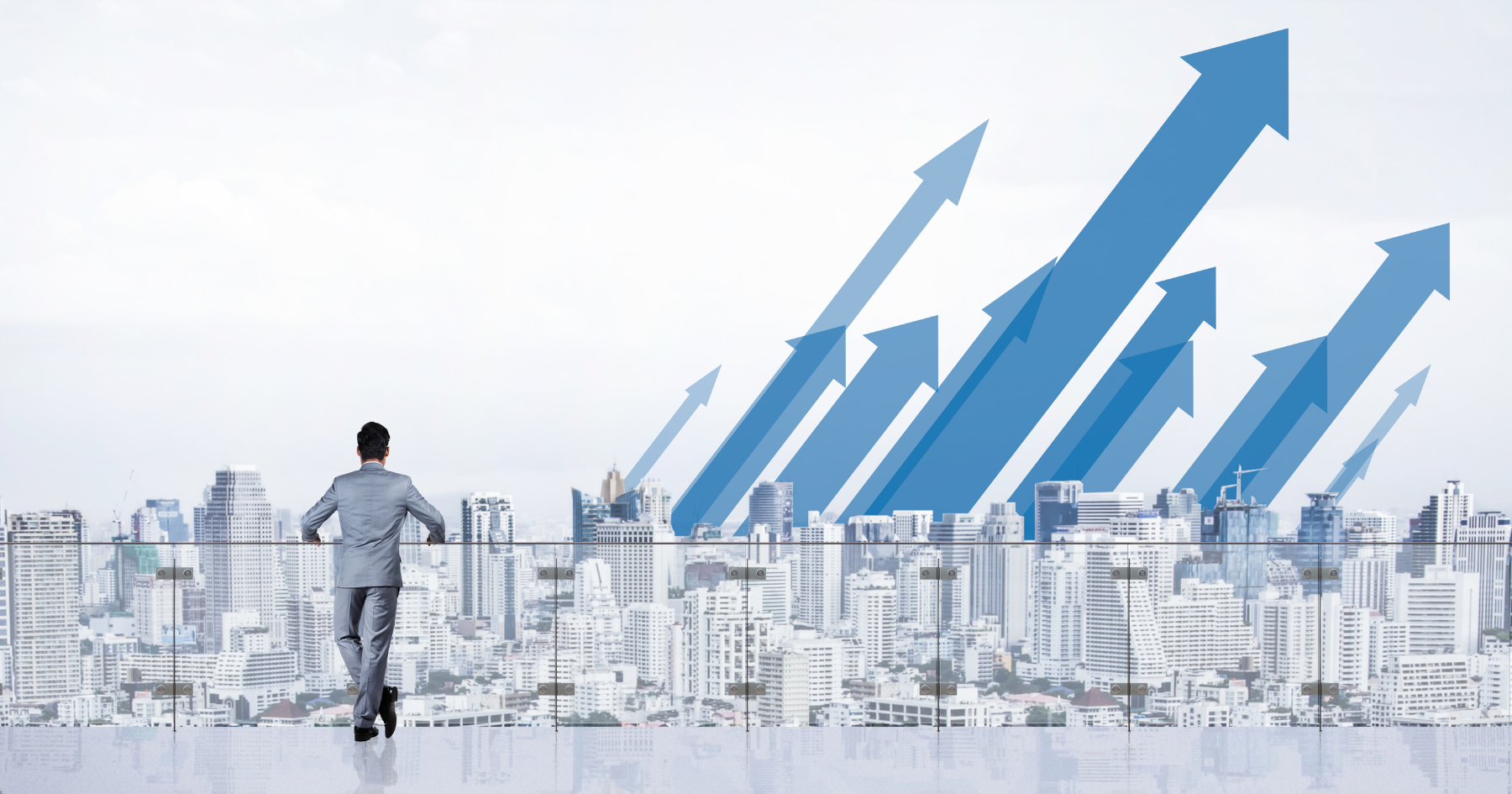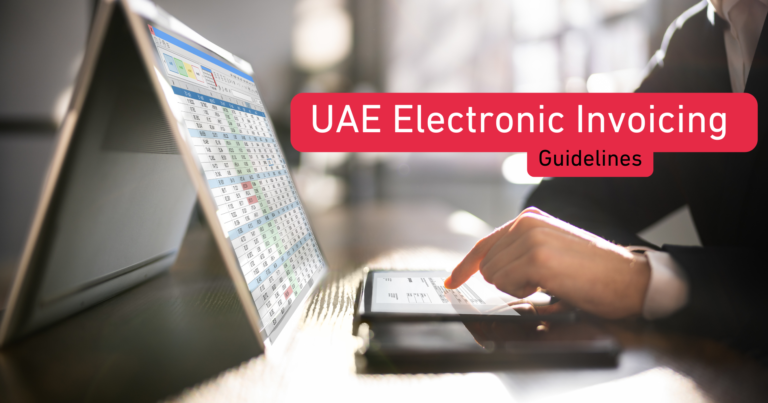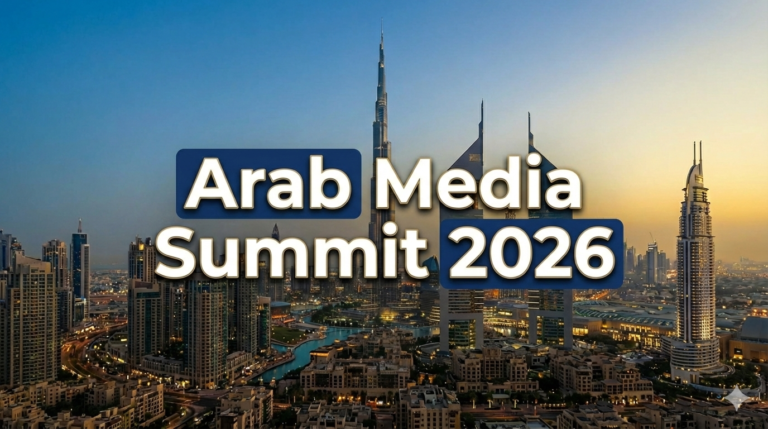
When Dubai leaders first opened the emirate to global investors in the 1980s, skeptics questioned whether capital would flow to a city with limited oil reserves. Four decades later, the answer is clear. Dubai has become one of the *world’s top destinations for foreign direct investment (FDI), consistently ranking alongside global hubs like London and Singapore. The emirate attracts billions of dollars annually, channeling funds into *technology, finance, renewable energy, tourism, and real estate.
For an investor flying into Dubai, the appeal is immediate. A 24-hour airport hub connects to 200+ destinations, ports like Jebel Ali move goods to three continents, and skyscrapers house multinational headquarters. Add to that a tax-free personal income environment, the promise of 100% foreign ownership in most sectors, and residency incentives like the Golden Visa (u.ae). The city projects stability, scale, and speed—all critical factors for FDI decisions.
Growth Engines of FDI
• *Technology and Innovation: The *Smart Dubai strategy and the UAE Artificial Intelligence Strategy 2031 attract startups and global tech giants. Free zones like Dubai Internet City and the DIFC Innovation Hub provide sandboxes and VC networks.
• *Renewable Energy: Projects such as the *Mohammed bin Rashid Solar Park reinforce Dubai’s green investment narrative. Clean energy attracts funds aligned with global ESG mandates.
• *Finance: The *Dubai International Financial Centre (DIFC) has over 4,000 registered firms and contributes 15% of Dubai’s GDP, offering world-class regulation and common-law courts.
• Real Estate: Freehold ownership zones regulated by the Dubai Land Department continue to attract global investors, particularly in off-plan and luxury segments.
• Tourism and Hospitality: With over 17 million annual visitors, FDI flows into hotels, leisure assets, and entertainment infrastructure
Dubai is a Global FDI Hotspot. Why?
Dubai’s rise as an FDI hotspot can be seen in the decisions of international firms:
Technology Expansion
Global players like Microsoft and Huawei have expanded their regional headquarters in Dubai Internet City, while startups in the DIFC Innovation Hub have secured international venture funding to scale into GCC markets.
Renewables Commitment
The Mohammed bin Rashid Solar Park has attracted billions in foreign investment from European and Asian energy companies, positioning Dubai as a destination for ESG-aligned capital.
Hospitality Growth
Hotel groups such as Marriott, Hilton, and Accor continue to invest in Dubai, adding thousands of rooms to serve the 17 million+ annual visitors. These investments anchor Dubai’s tourism infrastructure.
Real Estate Capital Flows
Dubai Land Department data shows strong inflows from investors in India, China, the UK, and Russia into freehold communities and luxury off-plan projects, reinforcing real estate as a global magnet.
Federal Context
Dubai’s FDI pull is amplified by UAE-wide reforms. Federal law now permits 100% foreign ownership in many mainland sectors. Residency pathways such as the Golden Visa and Green Visa deepen investor confidence. Coupled with UAE Vision 2031, these measures ensure that foreign investment is not just welcomed, but structurally embedded into the national growth strategy (u.ae).
Risks and Realities
Global market volatility, currency risks, and competition from emerging hubs pose challenges. Yet Dubai offsets these with:
• DIFC Courts offering legal certainty.
• Transparent property oversight under DLD/RERA.
• Strategic connectivity through DXB and Jebel Ali.
• A regulatory bias toward innovation, not restriction.
This formula keeps Dubai ahead of regional peers and competitive globally.
Where Momentum Is Growing
• Fintech and digital assets in DIFC.
• Sustainable investments in renewable energy and green real estate.
• Cross-border e-commerce centered on Dubai CommerCity.
• Healthcare and biotech anchored in Dubai Healthcare City.


